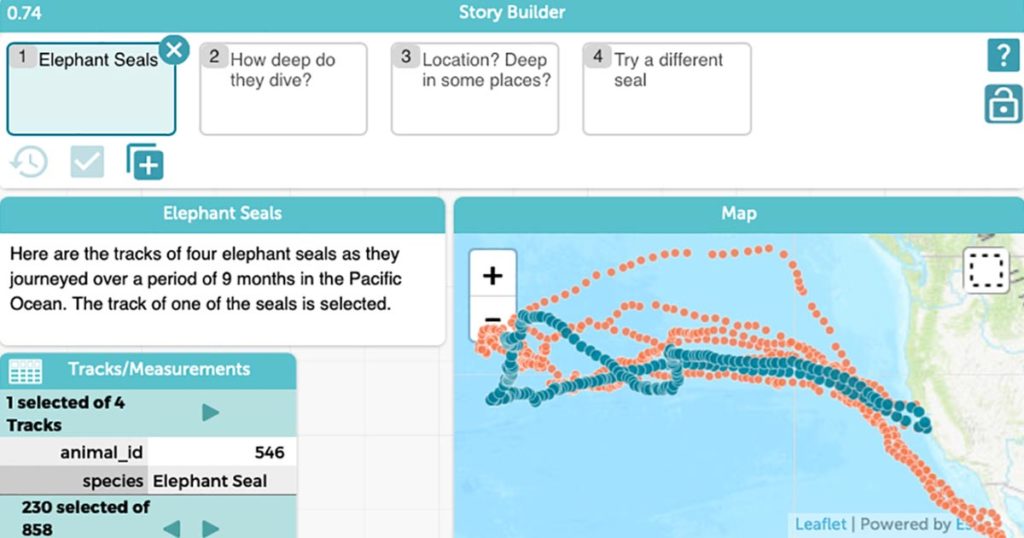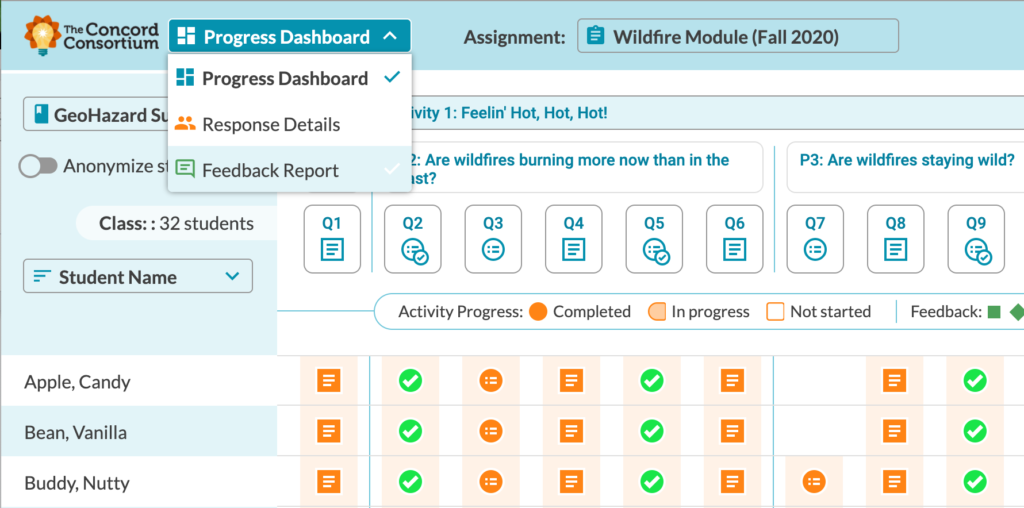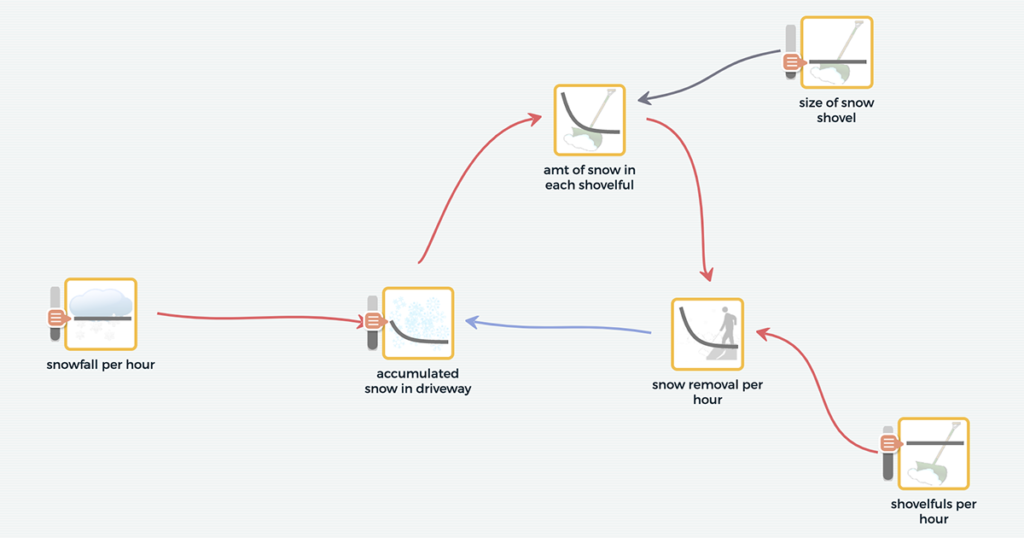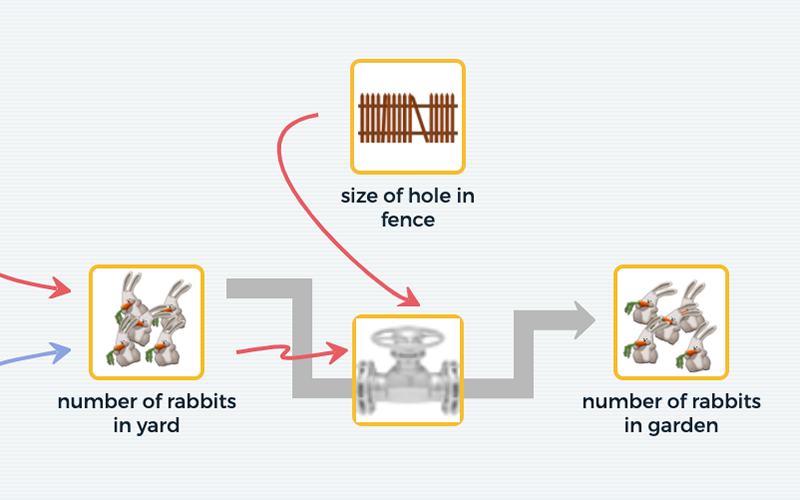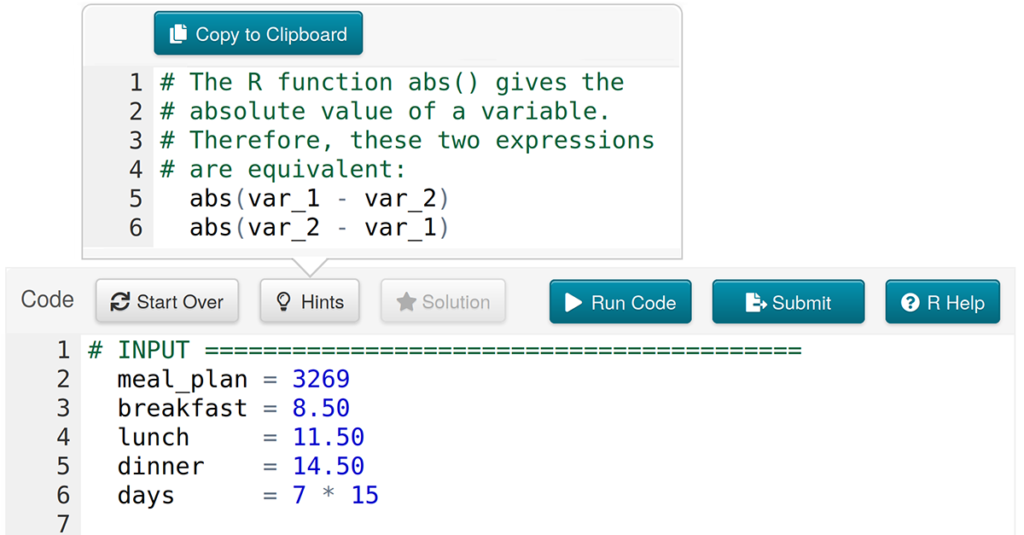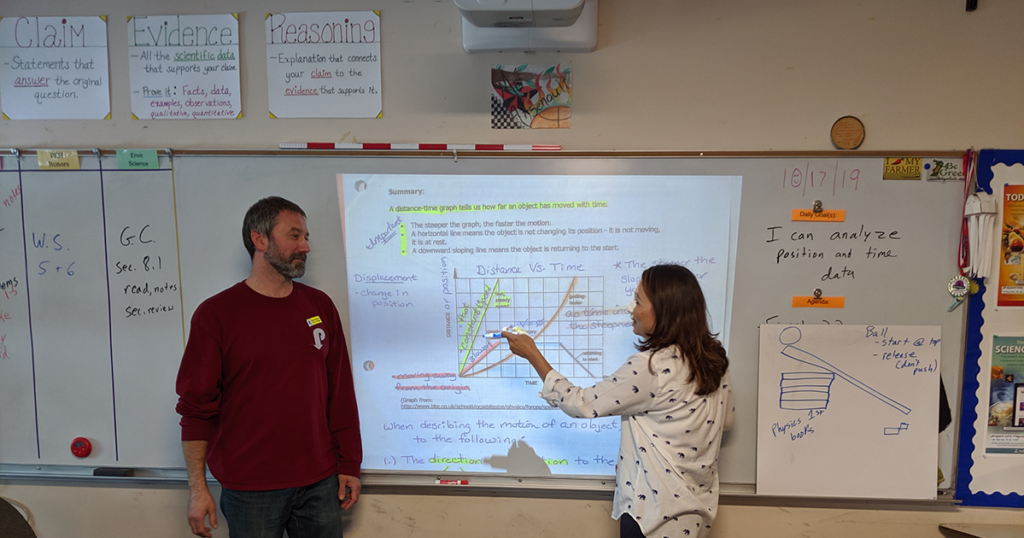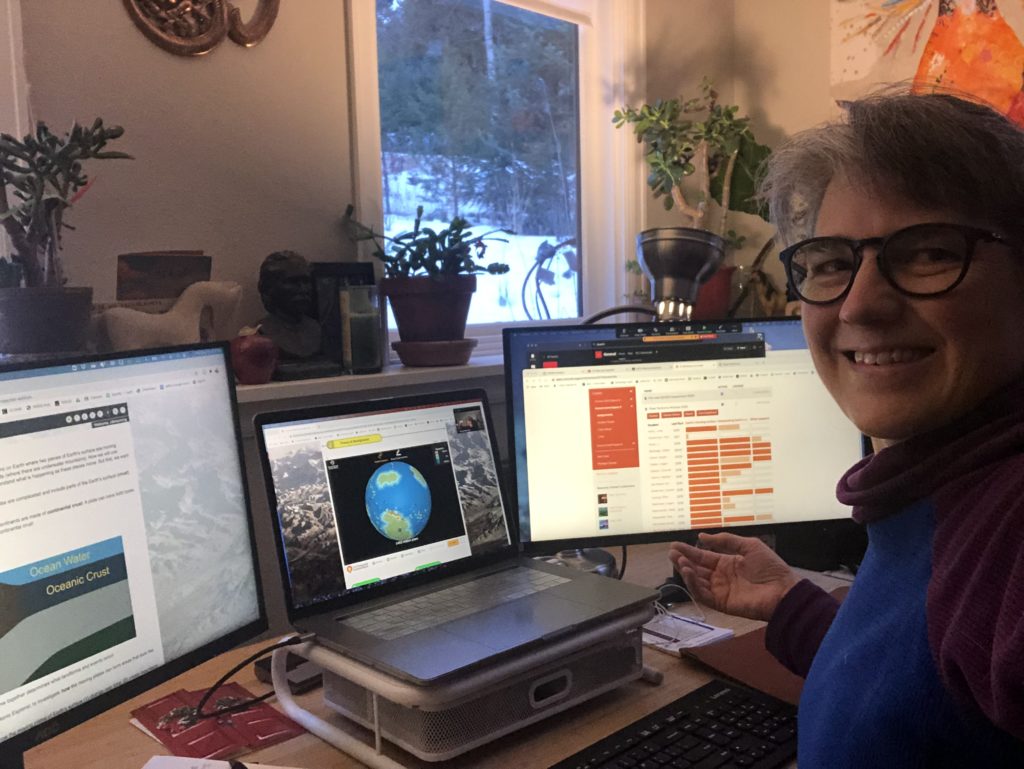We typically think of stories as a narrative composed of text or perhaps text and images. But in the Data Age (i.e., right now), we hope to expand that definition to include data. The goal of the National Science Foundation-funded Writing Data Stories project is to help middle school students tell stories about patterns they […]
When we released our new real-time Class Dashboard in the fall, we asked for teacher feedback. Several teachers have reached out and said that this new tool has been a big help as they try to manage classes and track students, both remotely and in person. During a recent classroom observation, we even overheard one […]
Cleaning the house while the children are growing is like shoveling the driveway while it’s still snowing. A framed needlepoint of this adage adorned the wall of our kitchen as I was growing up and its message occupied my thoughts as I shoveled our New England driveway for the third time in just over a […]
We live in an interconnected world. A storm hits, the season’s crop is ruined, stocks go higher or lower, and a broker loses a job. A governor’s actions on mask mandates affect travelers in and out of the state, and COVID cases rise across the country. Or as Thich Nhat Hanh says in The Heart […]
You can’t get a Ph.D. in nuclear physics without learning a lot of math. Even so, Kenia Wiedemann did not think of herself as a “math person.” She is now on something of a crusade to debunk the “I am not a math person” myth that holds back so many students. Wiedemann is a postdoctoral […]
You could say that Concord Consortium’s project Coding with R for Mathematical Modeling (CodeR4MATH) is very sneaky, says Kenia Wiedemann, a postdoctoral researcher on the project. Creative is a different way of describing how CodeR4MATH is getting high school students—especially those who think math and computer science are not for them—coding and creating mathematical models, […]
Stephen Callahan is a superhero even though he doesn’t have a big letter S emblazoned on his tee-shirt. His superpower? An abiding belief in the students and teachers with whom he works. For over fifteen years, he’s been helping students and educators find and use their own technology superpowers. We are delighted to announce that […]
Prompted by an editorial in the Wall Street Journal entitled “Absolute certainty is not scientific,” we wrote on this blog, “With the ongoing polarization of science in today’s political environment, it’s more important than ever to remember that science is filled with uncertainty.” That was 2011, and it is still just as true today. At […]
This year we published a dozen articles in researcher and teacher practitioner journals that showcase the state of the field in STEM educational technology in 2020. Learn what students with low and high spatial skills notice in computer visualizations of plate tectonics (#2), how students can experience authentic messy data exploration of meaningful questions (#10), […]
By any measure, this has been one of the most stressful years on record, and teachers are among those most affected by the massive devastation wreaked by COVID-19. A recent New York Times article describes the emotional and physical toll of pandemic teaching, and we’ve heard directly from many teachers with whom we’ve collaborated for […]
